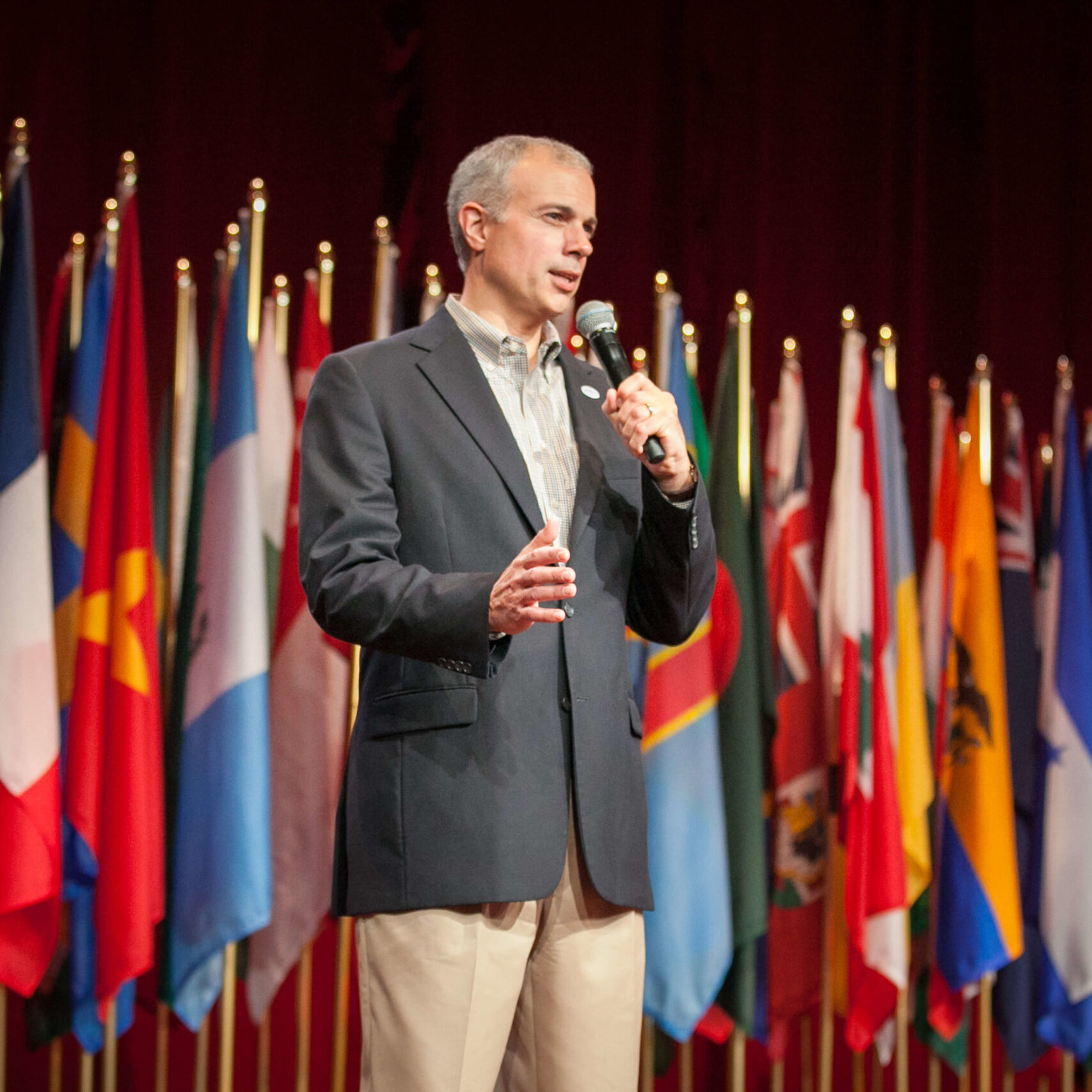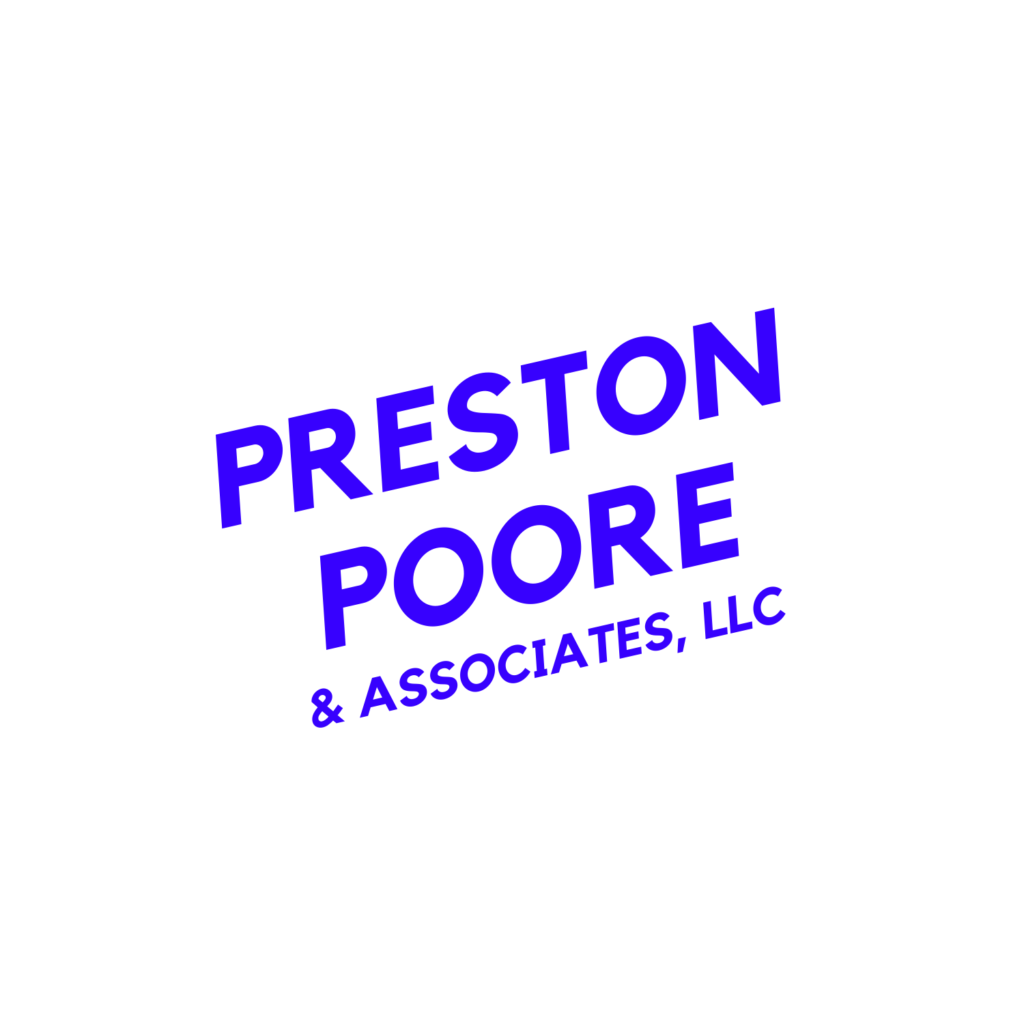9 Principles of Diplomacy: Lessons Learned from a Dinner Conversation in Moscow
Printer-Friendly Version
We all know that being diplomatic is essential for emerging leaders, but how do you go about it? With the example of my dinner conversation in Moscow, I’ll share nine principles I learned about diplomacy that will help you navigate conversations and conflicts with grace and understanding.
In 2019, I was invited to Moscow to facilitate a Partnering for Growth (PFG) workshop between The Coca-Cola Company and one of its bottlers, Coca-Cola Hellenic Bottling Company. The two-day workshop aimed to help assimilate the teams and their new leaders into a strategic business partnership. They explored shared values, understood each other’s operating models (e.g., financial metrics and key business drivers.), clarified roles and responsibilities, and drafted common capability plans.
After the first day, I joined the two leadership teams for dinner. We ordered our first round of beverages, and then it got quiet. I asked the team what was on their mind, and they wanted to know if I was open to answering some questions about America’s political landscape. I didn’t want to offend them, so I said, “Why not?”
They asked me who I voted for in the 2016 presidential election and why. I tactfully revealed my vote and explained my rationale. Then, I wondered if they were open to some questions. In their Russian accents, they good-naturedly said, “Why not?”
I asked the group what they thought of Ronald Reagan. They thought “he was a tired old man who loved his wife.” I was stunned. I asked about Mikhail Gorbachev. They passionately told me that he sold Russia out and compromised too much. From their perspective, Russia was left in shambles after the USSR fell. They shared that Boris Yeltsin was a drunk, and they were ashamed of him. Lastly, the group shared that they loved Vladimir Putin because of the country’s status and prosperity.
Later in the evening, I offered a toast to the group, thanking them for participating in the workshop and inspiring them to do great things together. I heard a comment from an American expat who’d been working in Russia for a while, but I chose not to take it personally. Instead, I smiled, said thank you, took a sip, and sat back down.
Some workshop participants pulled me aside the following day and apologized for the political conversation. I told them that I wasn’t offended. I wanted to show that I was open to dialogue and valued their perspectives. I explained that I think it’s vital that people talk, connect, and understand each other’s points of view. We don’t do it enough in America; we are so polarized, and nothing gets done. A lot of resentment, and anger, what I call a “Civil Cold War.”
I’ll never forget my dinner conversation. I was in a foreign land, representing not only my company but also my country, and I needed to be a diplomat. Here are the nine principles I learned about diplomacy:
- Actively Listen. An important part of being diplomatic is actively listening to the other person or people. This means paying attention to what is being said and allowing the speaker to finish without judgment.
- Be Curious. Diplomacy requires an open and curious mind. Ask questions and look for understanding. Ask follow-up questions to understand the other person’s perspectives better.
- Don’t Take Offense. Diplomacy requires a thick skin, so it’s crucial not to take anything personally. Even if you disagree with the other person, remain level-headed and maintain a diplomatic attitude.
- Be Empathetic. Empathy is an integral part of diplomacy. Show understanding and compassion in your words and actions. Take the time to understand the other person’s perspective and feelings.
- Think Before You Speak. Diplomacy requires careful consideration of your words. Before speaking, take a moment to think about the situation and ask yourself what the best course of action or words are at the moment.
- Be Open to New Ideas. Diplomacy is about finding common ground and understanding different perspectives. To do this, being open to new ideas and thinking critically about your opinions is important.
- Show Respect for Culture and Customs. Be mindful of the culture and customs of the people you’re engaging with. Showing respect for these differences is a key part of being diplomatic.
- Respond with Grace. When disagreements arise, responding with grace and understanding is essential. Try to remain calm and be mindful of the other person’s feelings.
- Build Trust. Diplomacy involves building trust between two or more parties. Be honest and consistent in your words and actions to encourage the other party to trust you.
Being diplomatic is a skill that takes practice and patience. It’s important to be open to dialogue and understanding different perspectives. It takes courage to be diplomatic and engage in conversations that could be uncomfortable. When done correctly, it can lead to greater understanding, collaboration, and problem-solving. Take the time to reflect on your diplomatic skills and consider how they can be improved. Why not start by conversing with someone with a different opinion than you?

Preston Poore
I'm an award-winning Fortune 500 executive with over 30 years of experience, including tenures at The Coca-Cola Company, The Hershey Company, and Ralston Purina. On top of that, I am a Numerica Corporation co-owner and board of directors member, published author, and a John Maxwell Team certified speaker, trainer, and executive coach.
My learnings and lessons are not drawn from the classroom of academic theory but from the crucible of marketplace trenches. I share my hard-earned experience with audiences to help them, their teams, and organizations become the best version of themselves.
Discover Your Life Purpose
Do you wake up each day dreading the idea of spending another day at work? If you’ve failed to discover and build your life around your life purpose, you might feel dissatisfied with your life. Flip the script! Get this special eBook, discover your purpose, and begin living a more fulfilling life today!

Want to Book Preston for your next event?
Books By Preston Poore
My perspective is that stronger leadership comes through building a stronger faith. That’s why I’ve published Discipled Leader and 21 Days to Sound Decision Making. Grab these to help you tap into your potential and make a significant impact on your family, business, and community.


